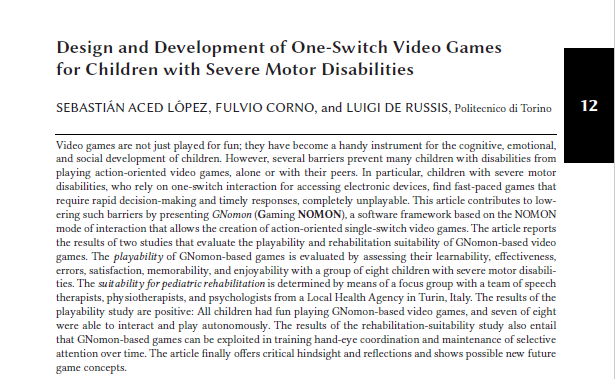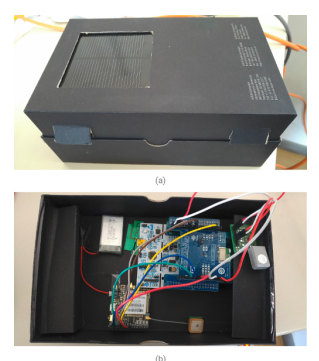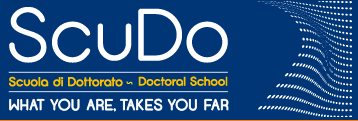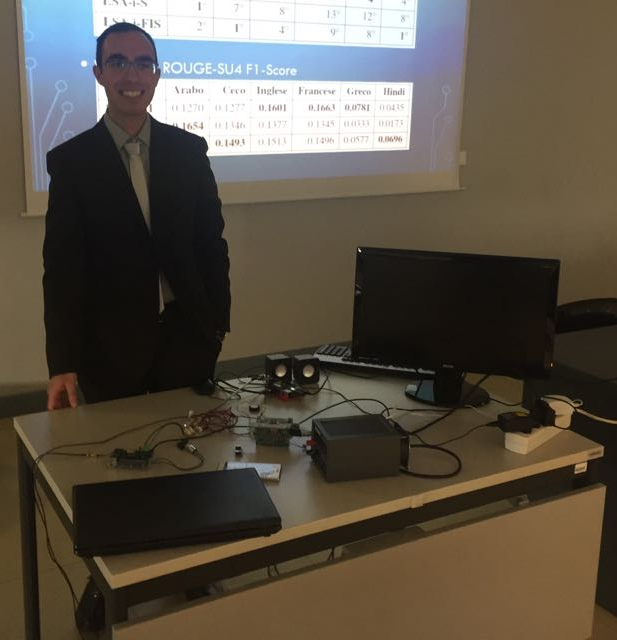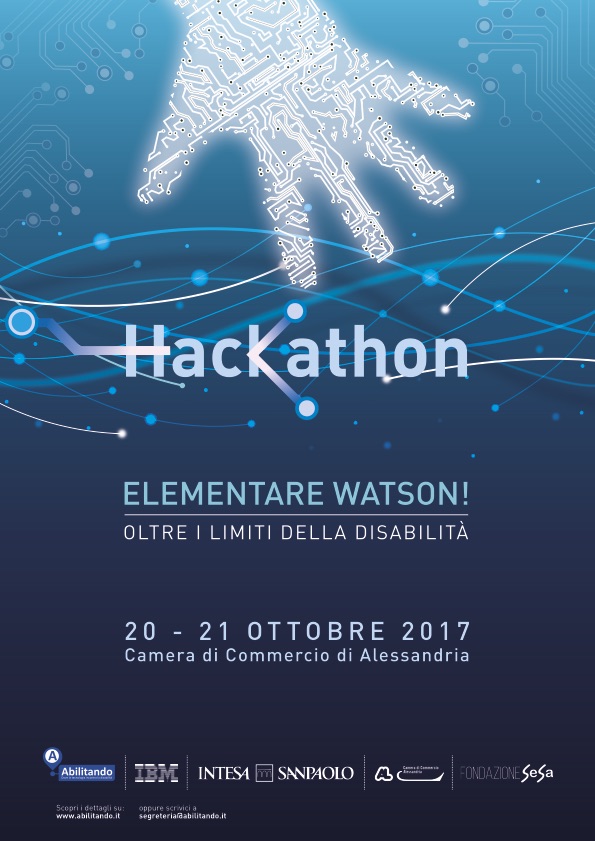- Details
The Internet of Things is driving the evolution of new consumer electronic devices and empowering the realization of smart homes, buildings, cities, and industries. But are the users considered in the design of IoT systems? can the users fruitfully interact with IoT systems? do IoT systems react in a way that is perceived and appreciated by users?
The difficult relationship between IoT technologies and user expectations and behavior will be explored in a talk by Fulvio Corno, within the "Netcamp 2017" event by Reply, that will take place at Politecnico di Torino on November 9, 2017.
- Details
The ACM Transactions on Accessible Computing published the paper entitled "Design and Development of One-Switch Video Games for Children with Severe Motor Disabilities" in the October 2017 issue. The paper was written by Sebastián Aced López (a former e-Lite group member), Fulvio Corno, and Luigi De Russis.
The manuscripts covers an accessibility problem with action-oriented video games: children with severe motor disabilities, who rely on one-switch interaction for accessing electronic devices, find fast-paced games that require rapid decision-making and timely responses, completely unplayable. The paper contributes to tackle this problem by by presenting GNomon (Gaming NOMON). GNomon is a software framework based on the NOMON mode of interaction that allows the creation of action-oriented single-switch video games.
Two studies for evaluating the playability and rehabilitation suitability of GNomon-based video games have been carried out. The results of the playability study are positive: all children had fun playing GNomon-based video games, and seven of eight were able to interact and play autonomously. The results of the rehabilitation-suitability study also entail that GNomon-based games can be exploited in training hand-eye coordination and maintenance of selective attention over time. The paper finally offers critical hindsight and reflections and shows possible new future game concepts.
- Details
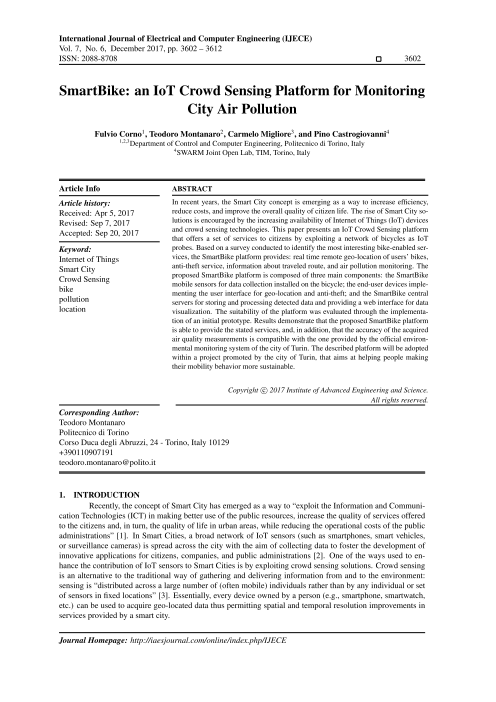 The rise of Smart City solutions is encouraged by the increasing availability of Internet of Things (IoT) devices and crowd sensing technologies.
The rise of Smart City solutions is encouraged by the increasing availability of Internet of Things (IoT) devices and crowd sensing technologies.
We recently published a paper on the International Journal of Electrical and Computer Engineering (IJECE), in which we present an IoT Crowd Sensing platform that offers a set of services to citizens by exploiting a network of bicycles as IoT probes.
The SmartBike platform integrates mobile sensors for data collection installed on the bycicles, and offers geo-location and anti-theft services, in addition to acquire air quality measurements to be stored and analyzed on a central server.
- Details
The Politecnico of Torino is awarding up to 28 research scholarships to candidates with a Master's Degree and willing to undertake a research activity at Ph.D. level at the Politecnico of Torino.
The e-Lite research group presented a proposal for one of these scholarships, entitled "Dynamic and Adaptive User Interfaces for the Internet of Things".
- Details
Innovative solutions in the automotive sector rely more and more on ICT-based solutions, enabled by the ubiquitous connectivity and IoT devices. More and more, the digital backbone of modern cars (that relies on CAN-based protocols) is integrated with Internet-enabled devices to provide new services to the drivers and to the vehicle owners.
In the context of Car Sharing, several functions are delivered through an App-based approach, where the user's smarphone on one hand interacts with cloud-bases services, and on the other hand links to a car-based control unit.
In the M.S. thesis of Antonio Risoli, developed in Concept Reply and discussed on October 2017, we present an architecture suitable for a car sharing provider, and some solutions for exploiting this new hybrid architecture to increase the level of security (by exploiting biometric cryptography) and user comfort (by remembering user preferences and applying them across the whole fleet). The architecture has been demonstrated thanks to a mix of real and simulate ECUs, and will be further developed by the automotive sector in Concept Reply.
- Details
Il 20 e 21 ottobre presso la Camera di Commercio di Alessandria si svolgerà la prima edizione del più grande hackathon in Italia a tema tecnologia per la disabilità. L’edizione verrà promossa da Abilitando, IBM e Intesa Sanpaolo insieme a partner di assoluto rilievo.
L’hackathon "Elementare WATSON!" si svolgerà ad Alessandria e coinvolgerà sviluppatori, ingegneri, designer, sturtupper, studenti, maker, verranno coinvolte tutte le università di Piemonte, Liguria, Lombardia e relativi incubatori. I partecipanti verranno chiamati a liberare la propria creatività per sviluppare applicazioni innovative capaci di migliorare molti aspetti della vita quotidiana di milioni di persone affette da disabilità fisica, sensoriale, cognitiva.
Fabio Ballati (del gruppo e-Lite) è iscritto all'interno di uno degli otto team partecipanti che comprenderà non solo ingegneri ma anche altre figure professionali quali psicologi, insegnanti e grafici con l'obiettivo di sviluppare una soluzione tecnicamente funzionante ed effettivamente utile.



